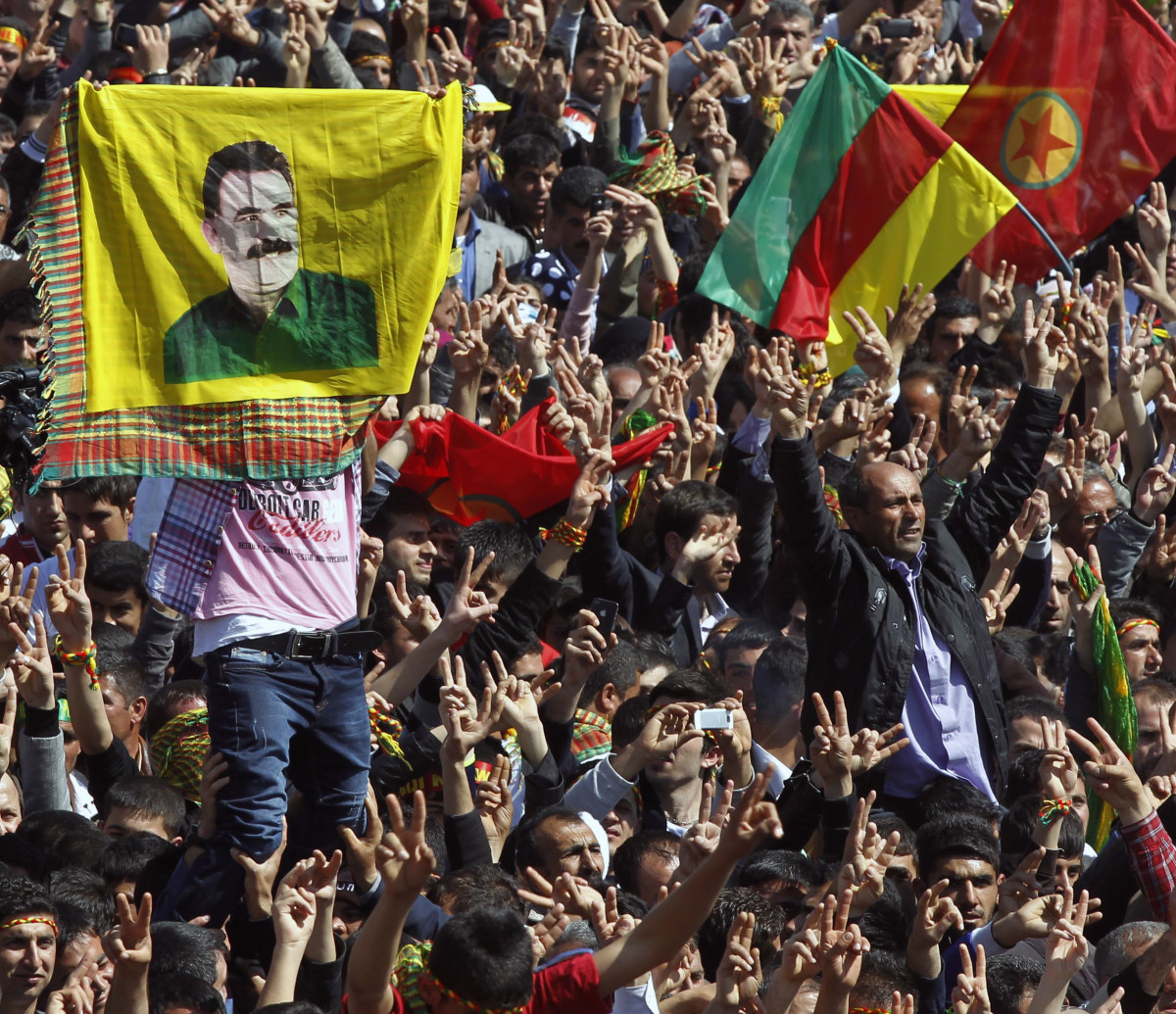
TEHRAN, Jul. 19 (MNA) – Canadian journalist Eric Walberg argues that turning back the coup, thanks to social media and mass demonstrations, is Turkey's very own "Arab Spring".
"Fortunately for Erdogan, unlike in Egypt, the army was no longer the monolith it was in Kemalist days, headed by a ruthless general eager to crush the fledgling democracy," he said.
Who do you think are the main and real perpetrators of plotting attempted coup in Turkey?The fallout from the July 15 failed coup continues. As many as 260 people were killed and 1,400 people wounded. Arrested and suspended include:
* a third of Turkey’s 360 generals
* 257 officials at the prime minister’s office, including Erdogan’s aide de camp
* 50,000 soldiers, police, judges, civil servants and teachers
* 500 people at the Religious Affairs Directorate,
Academics were banned from travelling abroad to prevent the risk of alleged coup plotters in universities from fleeing.
The sense of disappointment, dissatisfaction, distrust of Erdogan has continued to grow since his decision to involve Turkey in the uprising in Syria in 2012, breeding and opening the doors to terrorists and refugees. The mass arrests and firings attest to the broad dissatisfaction.
Erdogan's foreign policy mistakes are at the heart of the crisis. He burned one bridge after another--Israel, Syria, Russia, the Kurds, the West. Just before the coup, he was finally realizing the failure of his moves, the need to staunch the flow of blood, refugees and hard feelings all around, but too little, too late. The coup was a disaster waiting to happen, despite Erdogan's crack down on the military over the past decade.
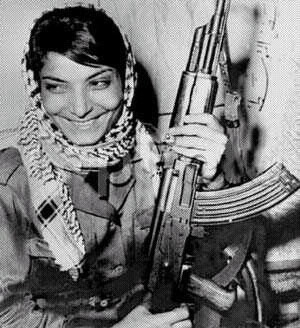 Of course, ISIS and Hamas should be enemies of Zionism. But somehow, for ISIS, the struggle against Israel gets lost in its caliphate struggle. After seizing bits of Iraq and Syria, the ISIS line was: sure, get the Jews out of Palestine, but only after we’ve cleaned up the ummah, got rid of kafirs. Then they got bogged down in slaughtering Yazidis, Shia, and even Sunnis if their beards weren’t regulation.
Of course, ISIS and Hamas should be enemies of Zionism. But somehow, for ISIS, the struggle against Israel gets lost in its caliphate struggle. After seizing bits of Iraq and Syria, the ISIS line was: sure, get the Jews out of Palestine, but only after we’ve cleaned up the ummah, got rid of kafirs. Then they got bogged down in slaughtering Yazidis, Shia, and even Sunnis if their beards weren’t regulation.
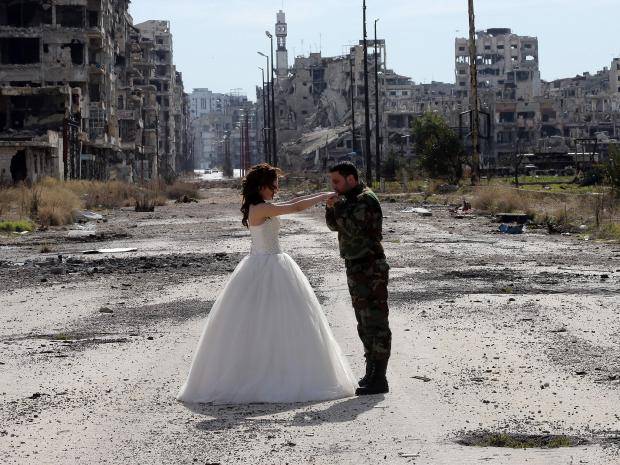 Israel, ISIS, the US et al kill.
Israel, ISIS, the US et al kill. 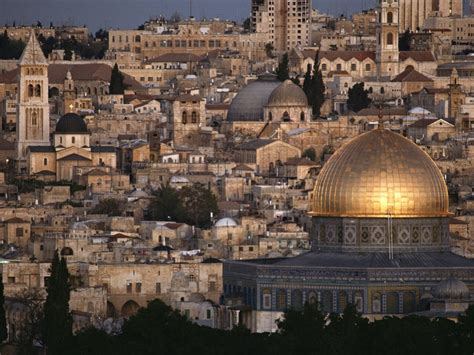 Al-Quds is, literally, the holy city, for believers, Jewish, Christian, Muslim alike, called by non-Muslims Jerusalem (from "City of Shalem" after a Canaanite deity, during the early Canaanite period (approximately 2400 BCE)).
Al-Quds is, literally, the holy city, for believers, Jewish, Christian, Muslim alike, called by non-Muslims Jerusalem (from "City of Shalem" after a Canaanite deity, during the early Canaanite period (approximately 2400 BCE)).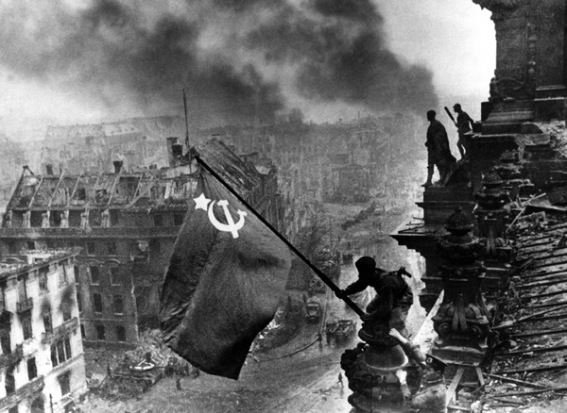 Claims that Assad is using chemical weapons are like a barometer: when the Syrian army is doing well, they surface, notably in 2013, 2015 and now, just as the Syria government looks close to some kind of 'victory'. Both times in the past the intelligence came from Mossad and the claims fizzled out, though the propaganda that it was 'likely' by the Syrian Army stuck in western perception. The current chemical 'attack', instantly hailed by Israel, occurred just as peace talks were beginning in Geneva. The source of the claim is, again, most likely Israel, though that's not part of the media fireworks. Tillerson might have checked with the Russians, as Russian military were stationed at the airport.
Claims that Assad is using chemical weapons are like a barometer: when the Syrian army is doing well, they surface, notably in 2013, 2015 and now, just as the Syria government looks close to some kind of 'victory'. Both times in the past the intelligence came from Mossad and the claims fizzled out, though the propaganda that it was 'likely' by the Syrian Army stuck in western perception. The current chemical 'attack', instantly hailed by Israel, occurred just as peace talks were beginning in Geneva. The source of the claim is, again, most likely Israel, though that's not part of the media fireworks. Tillerson might have checked with the Russians, as Russian military were stationed at the airport. TEHRAN, Jul. 19 (MNA) – Canadian journalist Eric Walberg argues that turning back the coup, thanks to social media and mass demonstrations, is Turkey's very own "Arab Spring".
TEHRAN, Jul. 19 (MNA) – Canadian journalist Eric Walberg argues that turning back the coup, thanks to social media and mass demonstrations, is Turkey's very own "Arab Spring".



